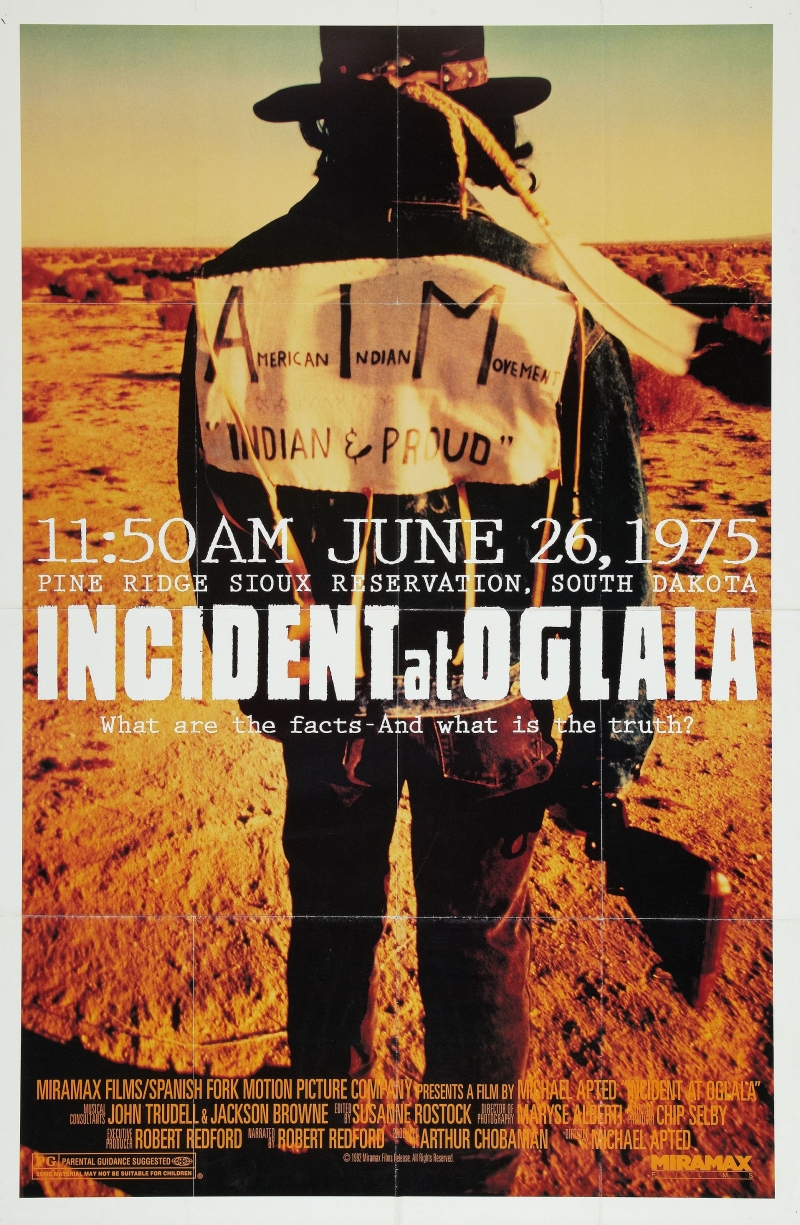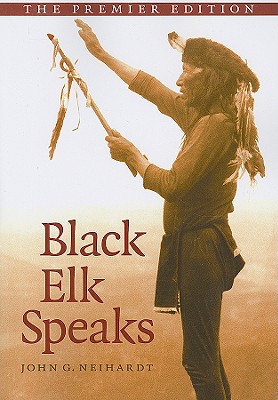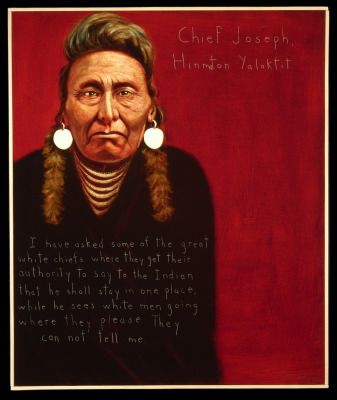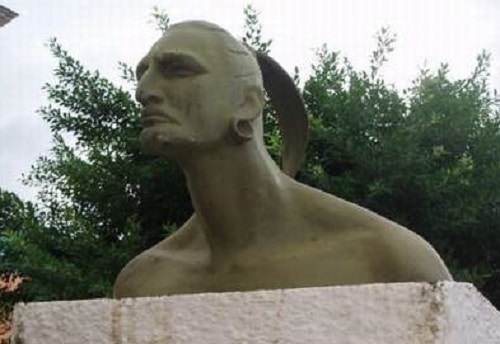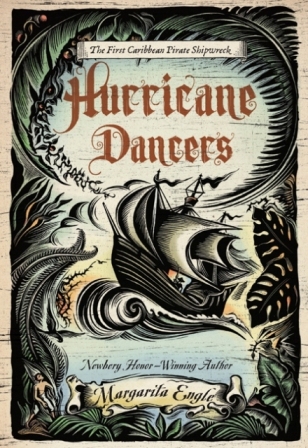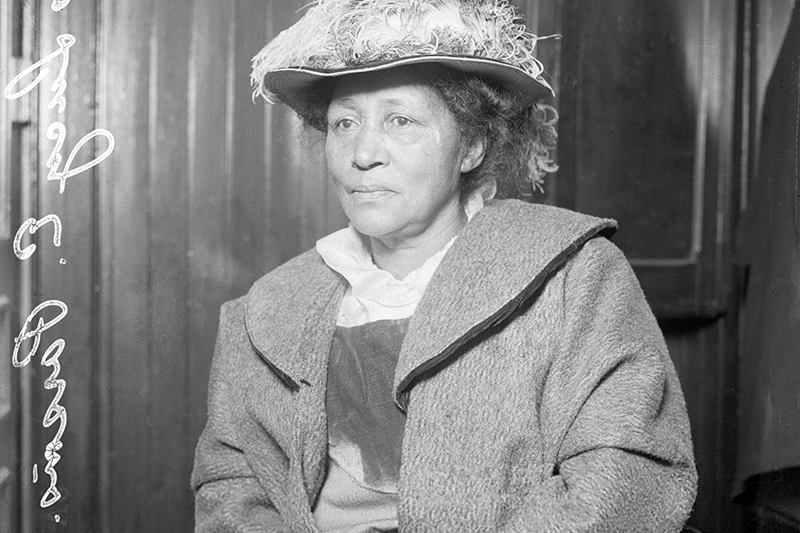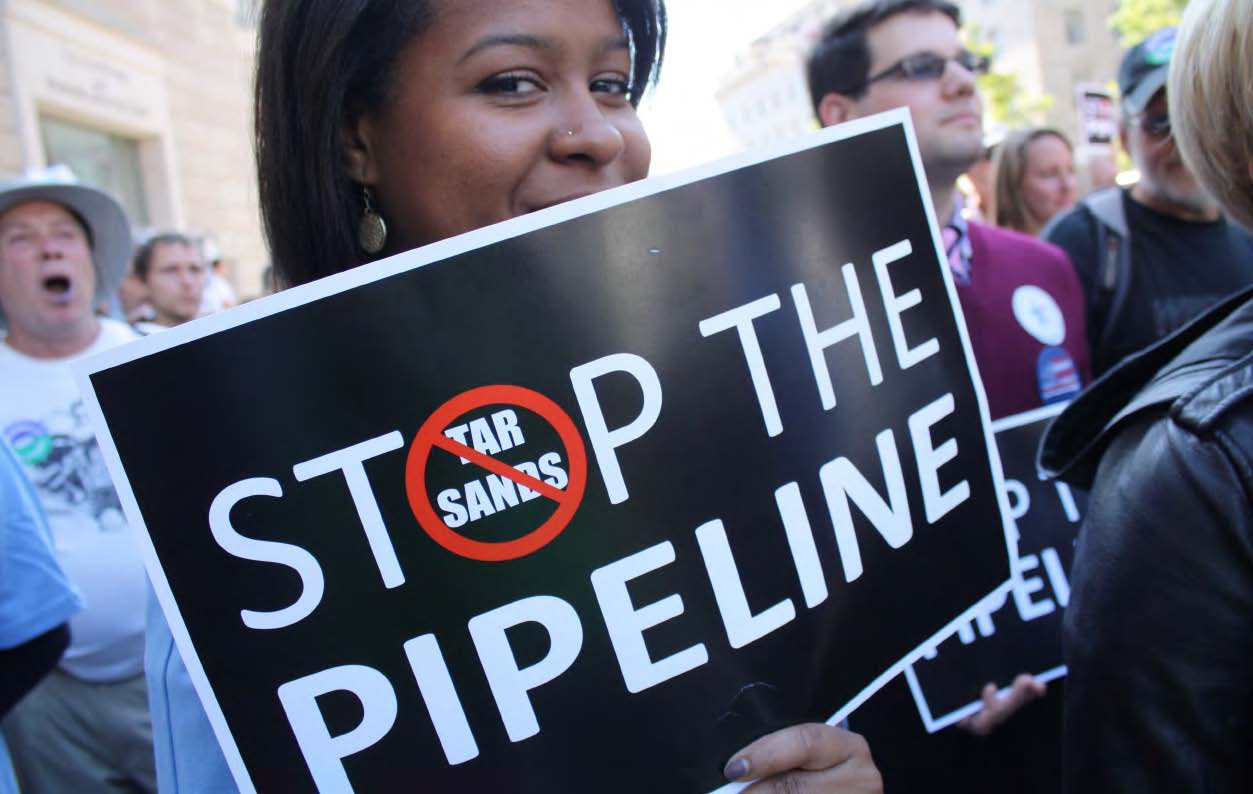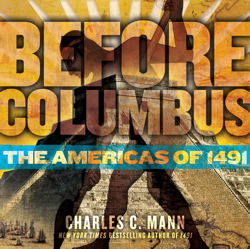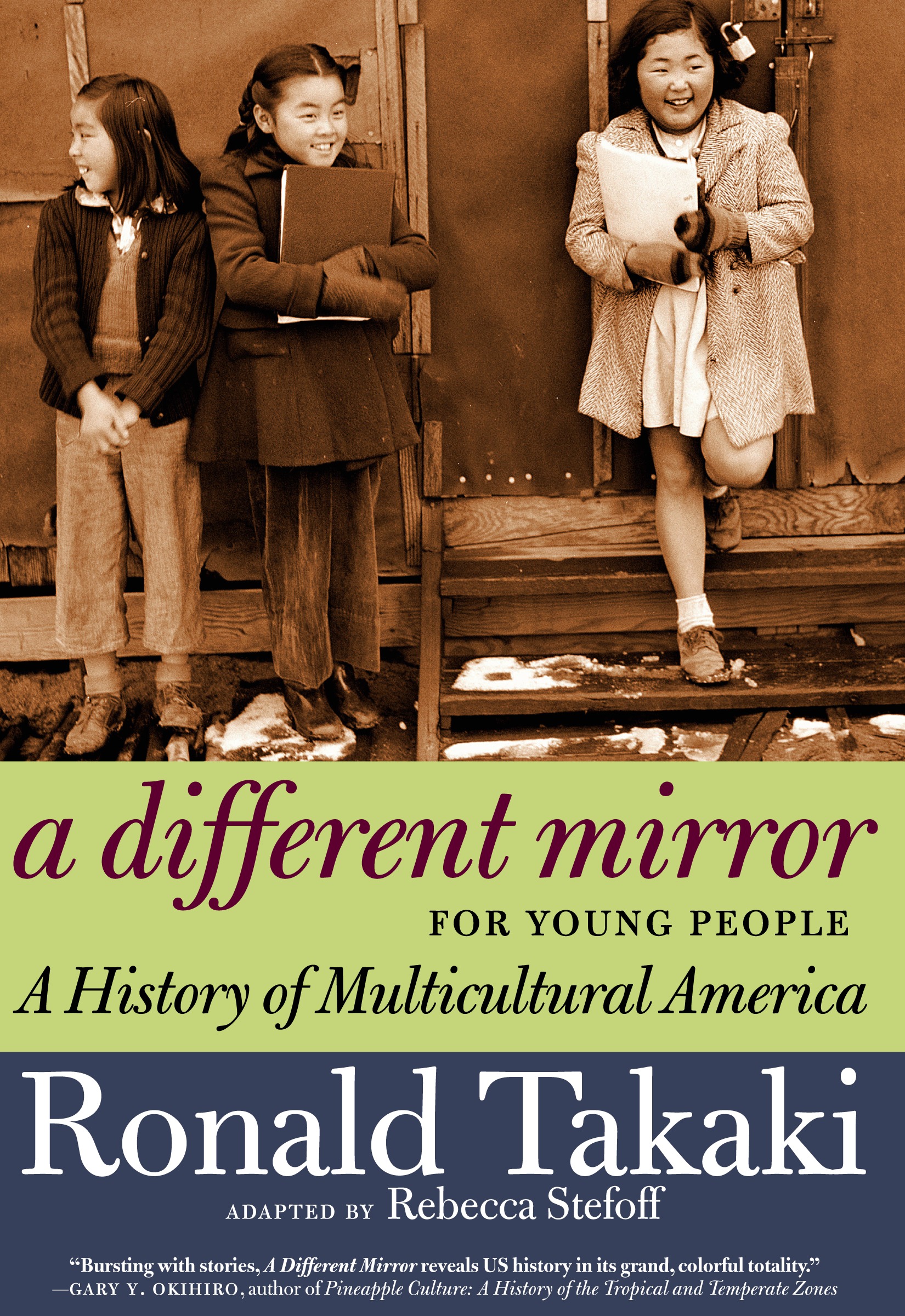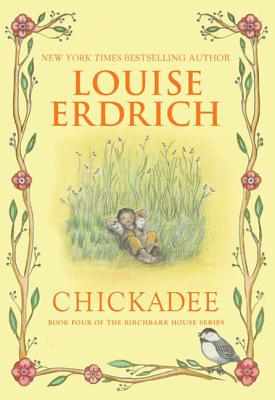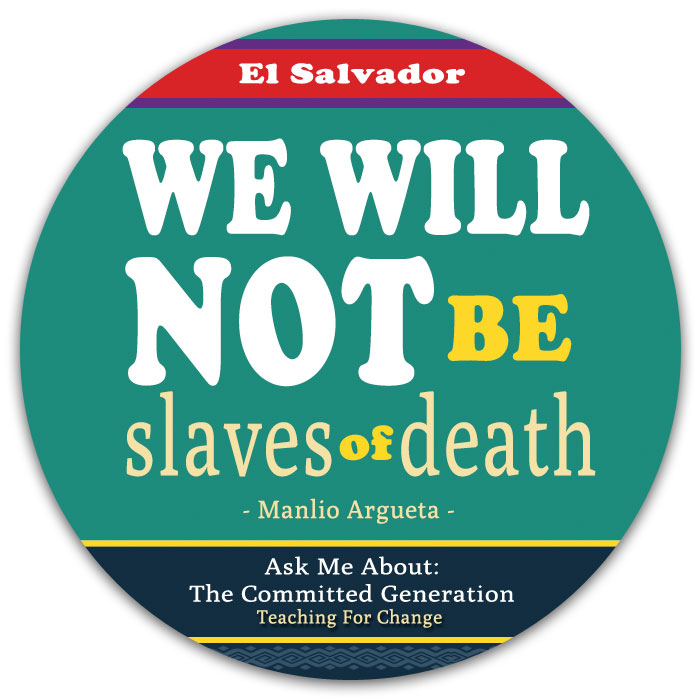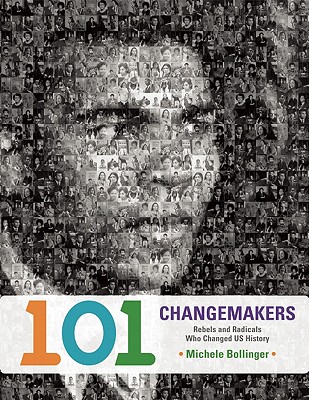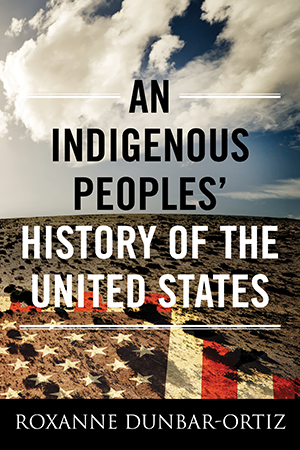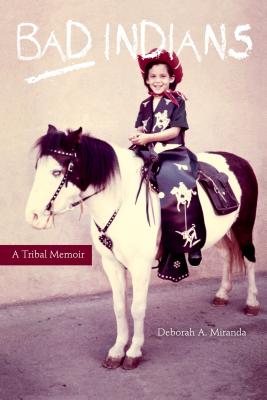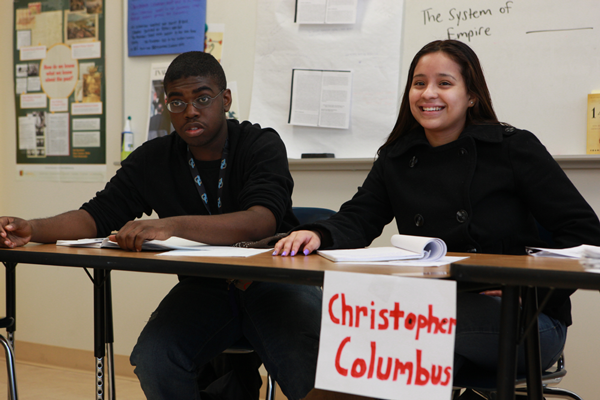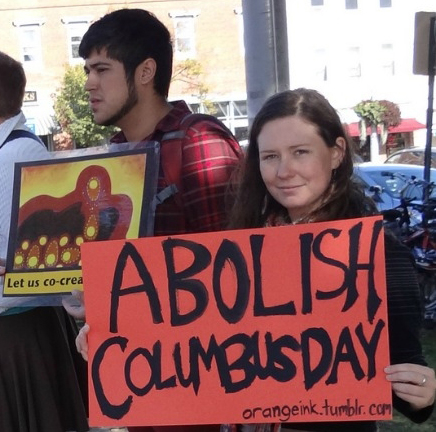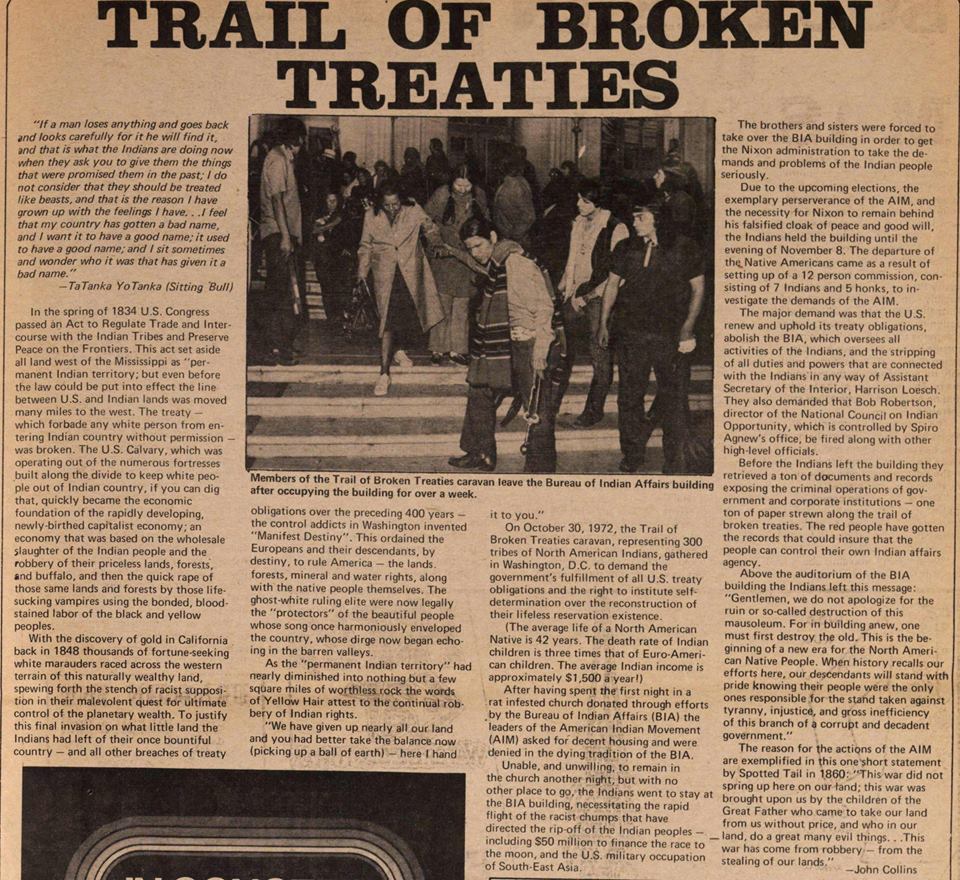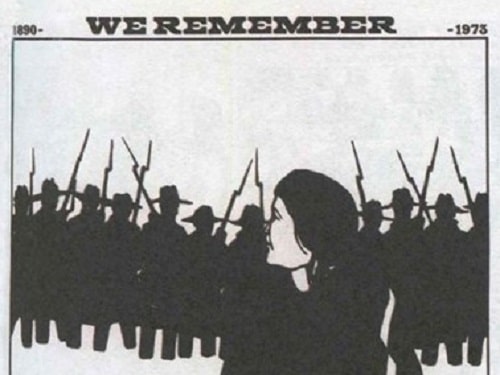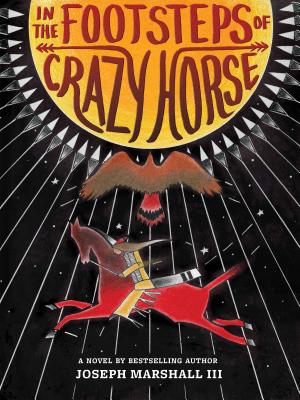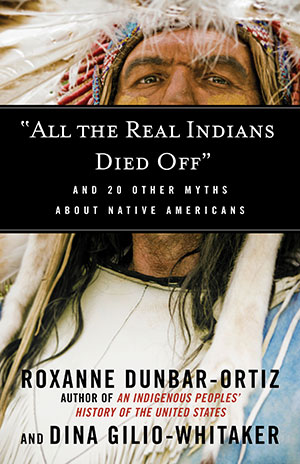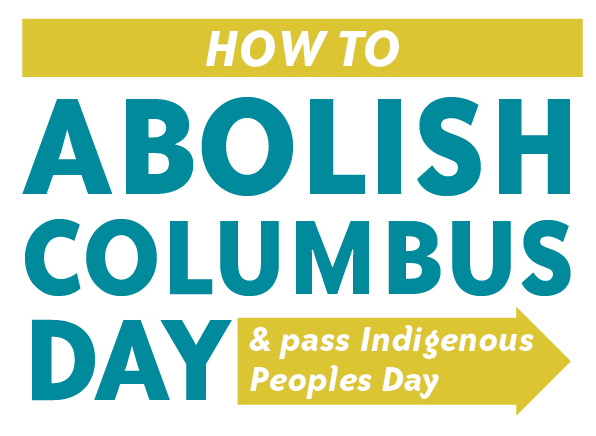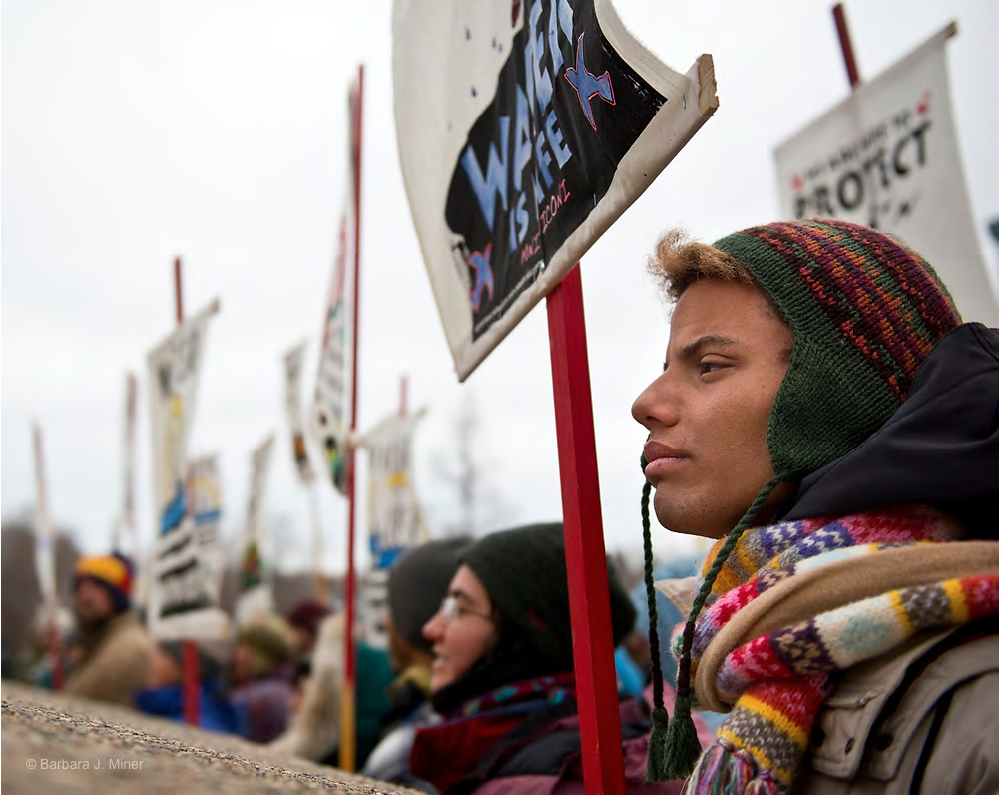Film. By Michael Apted. 1992. 118 minutes.
Captures some of the conflicts on the Pine Ridge Reservation in the 1970s relating to corporate/government collusion to exploit Native lands for profit.
Continue reading
Film. By Michael Apted. Narrated by Robert Redford. 1992. 90 minutes.
Documentary about the conviction of Native American activist Leonard Peltier.
Continue reading
Book — Non-fiction. By John G. Neihardt, Standing Bear, Raymond J. Demallie. 2008. 334 pages.
The life and visions of the Lakota healer Nicholas Black Elk and the history of his Sioux people.
Continue reading
Profile.
Chief Joseph Hinmton Yalaktit (1840 -1904), a Nez Percé Indian chief in what is now northeastern Oregon.
Continue reading
The Zinn Education Project is honored that Bill Bigelow and Julian Hipkins were invited on…
Continue reading
Hatuey was a freedom fighter in the early 1500s who mobilized Caribbean islanders against invasion, theft, and murder by European conquistadors.
Continue reading
Book — Fiction. By Margarita Engle. 2011. 160 pages.
Historical fiction in the form of poetry about the conquest and resistance.
Continue reading
Profile. By William Loren Katz.
Lucy Gonzales Parsons (c. 1853 – March 7, 1942) was a labor organizer and orator.
Continue reading
Teaching Activity. By Abby MacPhail. Rethinking Schools. 17 pages.
A lesson on the Keystone XL Pipeline battle.
Continue reading
Book — Non-fiction. By Charles C. Mann. 2009. 128 pages.
An illustrated book for young readers based on 1491: New Revelations of the Americas Before Columbus.
Continue reading
Book — Non-fiction. By Ronald Takaki, adapted by Rebecca Stefoff. 2012. 368 pages.
An adaptation for young readers of the classic multicultural history of the United States, A Different Mirror.
Continue reading
Book — Fiction. By Louise Erdrich. 2012. 208 pages.
The fourth book in the series following the Ojibwe girl Omakayas and her family as their lands are invaded by white settlers.
Continue reading
Article. By Manlio Argueta. From Cuzcatlán, Donde bate la mar del sur.
An excerpt from a novel of historical fiction about the impact of an export economy on peasants in El Salvador.
Continue reading
Book — Non-fiction. By Michele Bollinger and Dao Tran. 2012.
A collection of 101 brief and accessible profiles of rebels, radicals, and fighters for social justice.
Continue reading
Book — Non-fiction. By Roxanne Dunbar-Ortiz. 2015. 312 pages.
Four hundred years of Native American history from a bottom-up perspective.
Continue reading
Book — Non-fiction and prose. Deborah A. Miranda. 2012. 240 pages.
A compilation of documents, photos, and memoir that recounts the establishment of missions in California and the impact on Indigenous people—then and today.
Continue reading
Film. Written, directed, and produced by Nick Kaufman. 1992. 23 minutes.
Contrasting views and scenes from the classroom on teaching about Columbus.
Continue reading
Article. By Bill Bigelow. 2015. If We Knew Our History Series.
When the school curriculum celebrates Columbus, children are taught that it’s OK for white people to rule over peoples of color and that militarily powerful nations can bully weaker nations. By his own account, Columbus enslaved people, destroyed cultures, and terrorized those who challenged his rule. It’s time to abolish Columbus Day.
Continue reading
Protesters from the Trail of Broken Treaties Caravan occupied the Bureau of Indian Affairs (BIA) offices in Washington, D.C. for six days.
Continue reading
A Lakota encampment on the Pine Ridge Indian Reservation was attacked by the U.S. Army and close to 300 Native Americans were murdered near Wounded Knee Creek in South Dakota.
Continue reading
Book — Fiction. By Joseph Marshall III. Illustrations by Jim Yellowhawk. 2015. 176 pages.
A contemporary Native American boy learns about the history of Crazy Horse in a journey with his grandfather.
Continue reading
Book — Non-fiction. By Roxanne Dunbar-Ortiz and Dina Gilio-Whitaker. 2016. 224 pages.
Deconstructs persistent myths about American Indians rooted in fear and prejudice — an astute and lively primer of European-Indian relations.
Continue reading
Article. By Mahtowin Munro.
Campaign guidelines from the organizer of a successful effort to abolish Columbus Day and establish Indigenous Peoples' Day in Cambridge, Mass.
Continue reading
Teaching Activity. By Ursula Wolfe-Rocca, Bill Bigelow, and Andrew Duden. Article by Ursula Wolfe-Rocca. Rethinking Schools. 15 pages.
A role play helps students recognize the issues at stake in the historic struggle of the Standing Rock Sioux to block construction of the Dakota Access oil pipeline.
Continue reading


